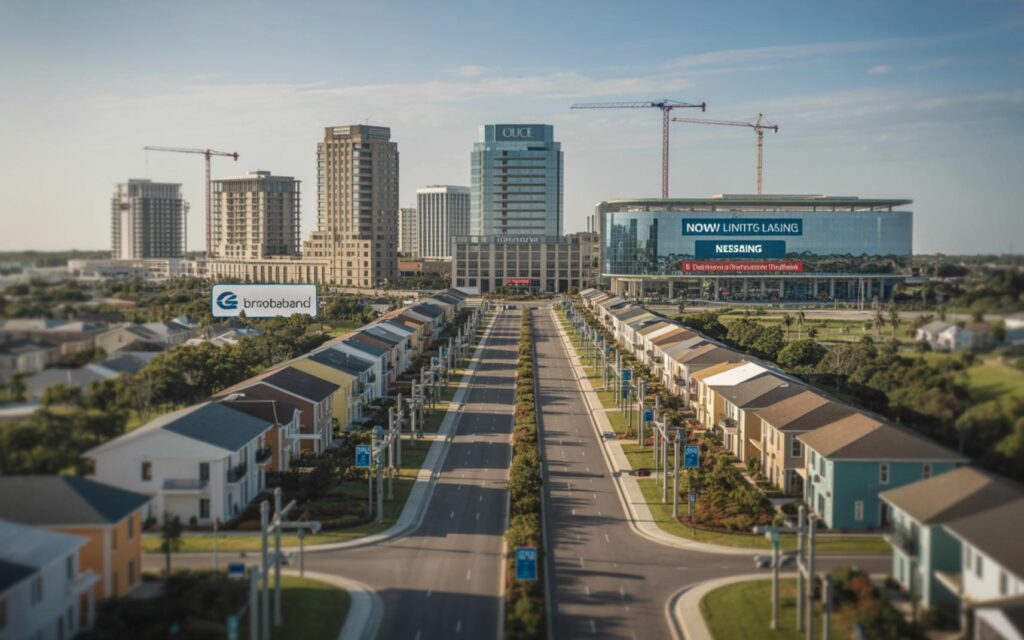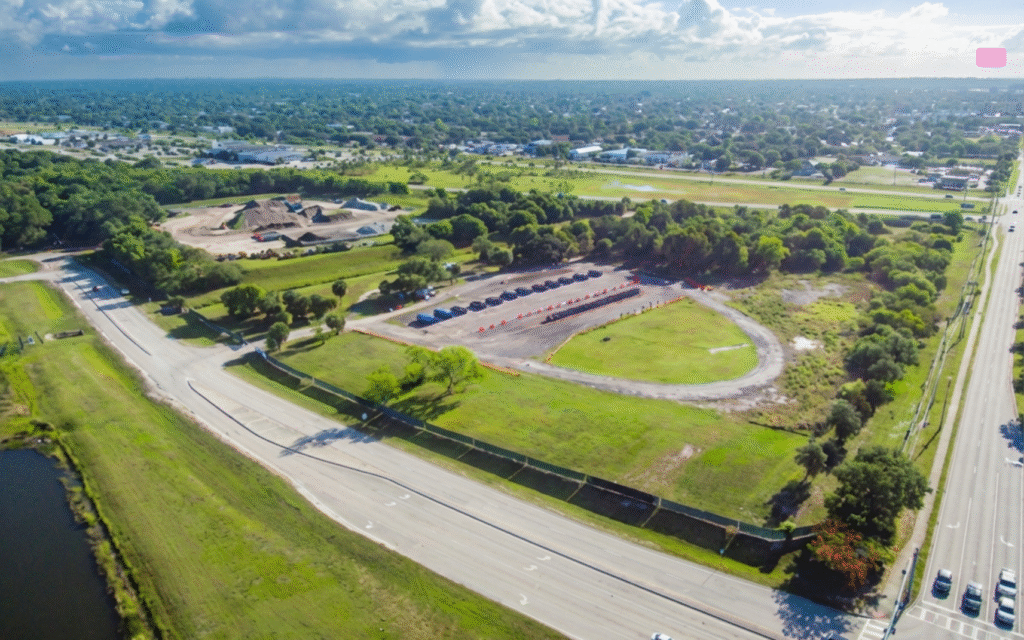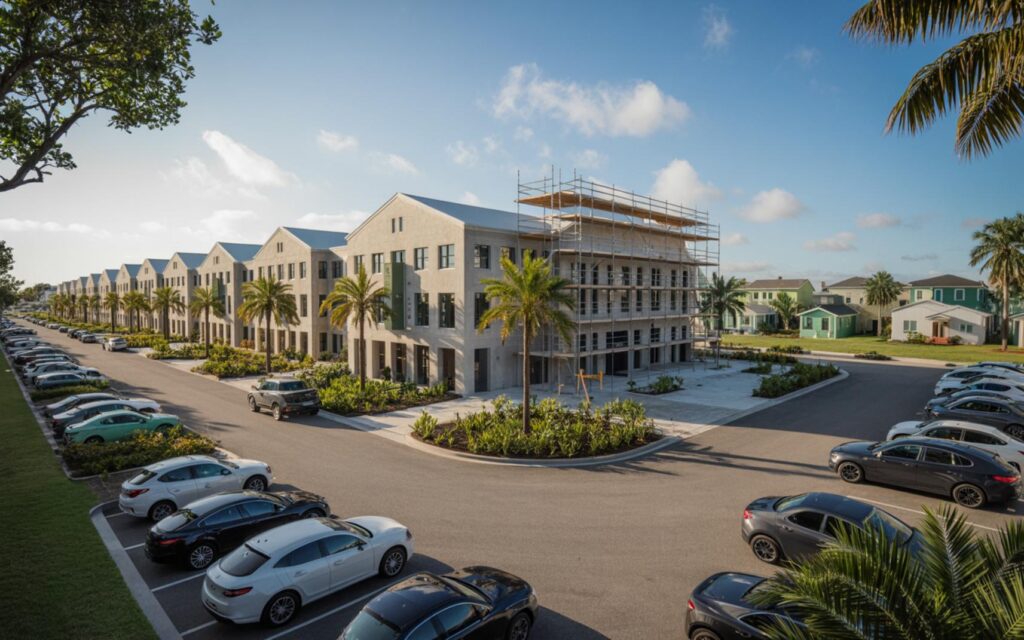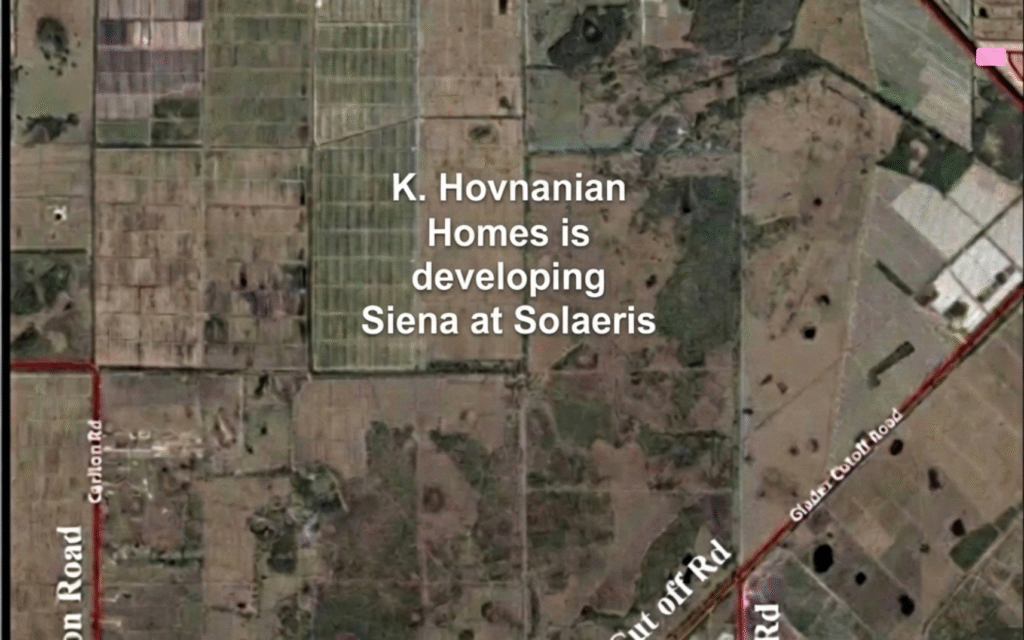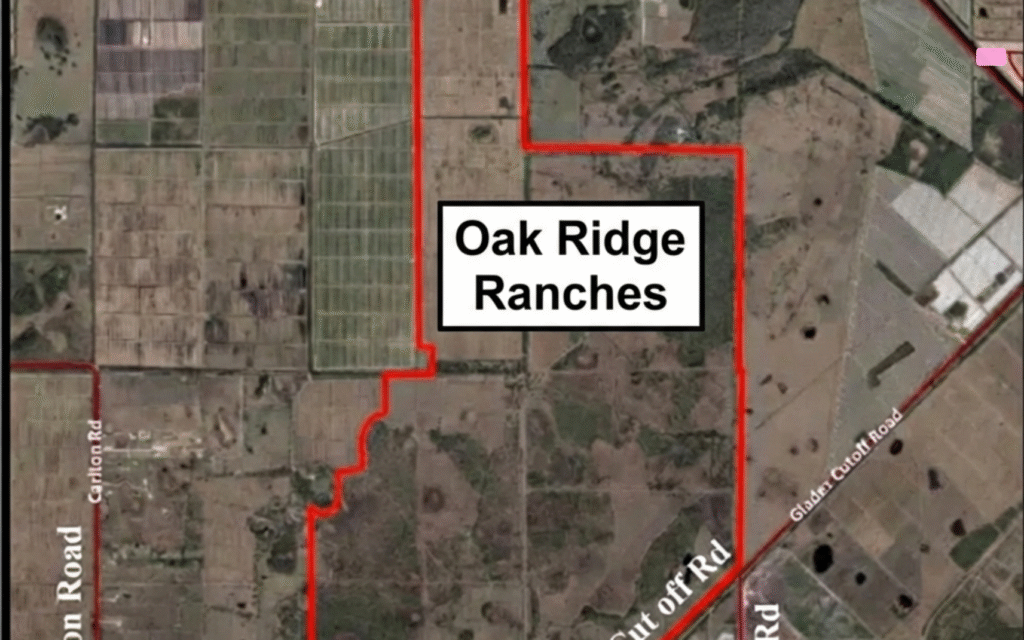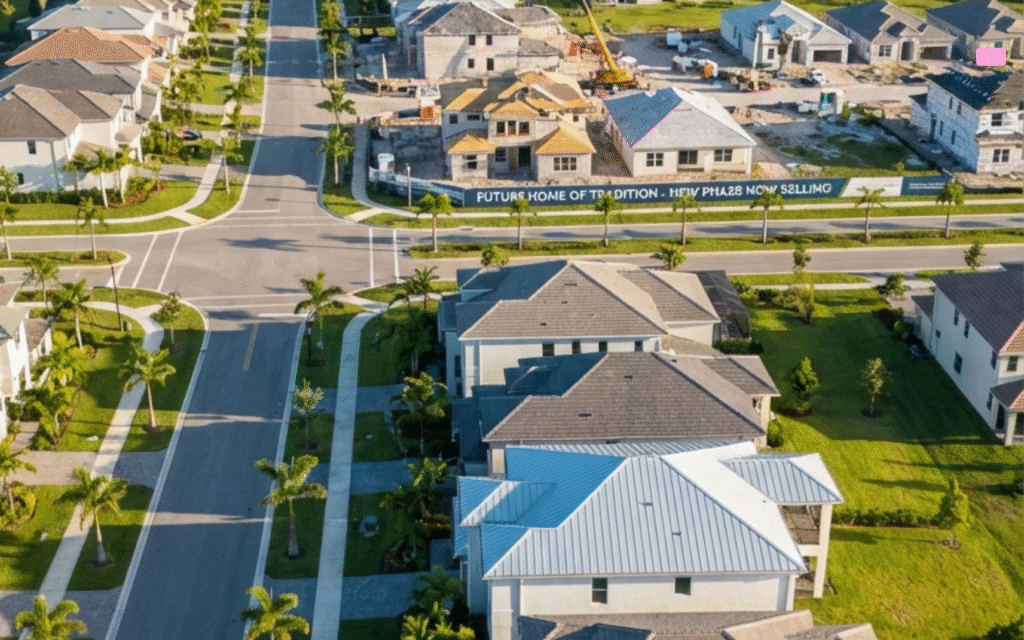Raleigh leads the list of top large U.S. cities for economic growth in 2025, according to new rankings that highlight robust job and wage growth, a thriving high-tech sector, and increased access to economic opportunities. The analysis reflects a post-pandemic landscape where cities with resilient economies and strong talent pipelines are outperforming others.
Raleigh’s Economic Growth in 2025
Raleigh, North Carolina is recognized as the top large city for economic growth in 2025. The city’s performance is attributed to consistent gains across multiple indicators, including job creation, wage increases, and expansion in high-tech industries.
According to the latest data, Raleigh benefits from its role as a hub for high-skilled talent, supported by the presence of major universities in the Research Triangle. The city’s diversified economy and investments in infrastructure have positioned it for continued growth.
Key Factors Behind Raleigh’s Success
- Strong job and wage growth over both short and long-term periods
- Expansion of high-tech sectors such as biotechnology, engineering, and information technology
- Access to economic opportunities through education and workforce development
- Infrastructure improvements supporting business and population growth
Other Leading Large Cities for Economic Growth
Several other metropolitan areas are also recognized for their economic performance in 2025. Ogden and Salt Lake City, Utah show significant improvements in labor market outcomes and high-tech sector expansion. These cities have leveraged their diverse economies and investments in education to drive growth.
Austin, Texas continues to stand out, reporting a 51% surge in gross domestic product (GDP), a 33% increase in median earnings, and a 71% rise in new business applications. The city’s growth is supported by ongoing infrastructure projects such as Project Connect and continued expansion in technology, manufacturing, and creative industries.
Highlights from Other Top Metros
- Sacramento, California recorded a 166% increase in business applications and a 32% rise in median earnings, reflecting a surge in entrepreneurial activity.
- Gilbert, Arizona experienced a 32% increase in earnings and a 26% expansion in roadway miles, indicating major infrastructure investments.
- Tampa, Florida reported a 38% increase in median earnings and a 43% jump in GDP, highlighting its diversified economic base and appeal to new residents.
Top Small Metropolitan Areas for Growth
Among smaller metropolitan areas, Gainesville, Georgia ranks highest for economic growth in 2025. The city leads in job and wage growth over both one-year and five-year periods, demonstrating strong performance in attracting businesses and supporting workforce development.
Key Metrics for Small Metro Success
- Consistent job creation and wage increases
- Supportive business environment for startups and entrepreneurs
- Investment in education and skills training
High-Earning Potential in Major Cities
San Jose, California offers the highest earning potential among large U.S. cities, particularly in technology, engineering, artificial intelligence, and biotechnology. Despite high living costs, the concentration of high-growth industries continues to attract skilled professionals.
San Francisco remains a leading center for high-income opportunities in finance, legal services, venture capital, and technology. The city’s economic base supports a large number of high-paying jobs, even as affordability challenges persist.
Population Growth Trends in 2025
The fastest-growing cities by population are primarily located in Texas, Arizona, and Florida. Texas cities dominate the list, with some areas experiencing growth rates as high as 16.4%. These trends reflect ongoing migration to the Sun Belt, driven by job opportunities, lower taxes, and more affordable housing.
Infrastructure improvements and business-friendly policies are common among these rapidly growing cities, supporting both economic and population expansion.
Factors Driving Urban Economic Growth
Economic growth rankings are based on metrics such as job growth, wage growth, GDP expansion, business formation, infrastructure development, and educational attainment. Cities with strong university presence, diversified economies, and robust infrastructure tend to outperform others in both short- and long-term growth.
Experts highlight the importance of fostering innovation, attracting skilled talent, and supporting entrepreneurship as key strategies for sustained urban prosperity. High-tech sectors, healthcare, and education are increasingly central to urban economic performance, while affordability and quality of life remain critical for attracting and retaining residents.
Post-Pandemic Economic Landscape
The COVID-19 pandemic initially disrupted urban economies, but most leading cities have rebounded. Growth is now driven by high-tech, health services, education, and professional sectors, rather than just leisure and hospitality. This marks a new phase in urban economic development, with adaptability and resilience as defining features.
Frequently Asked Questions About Economic Growth in U.S. Cities
What is economic growth in U.S. cities?
Economic growth in U.S. cities refers to increases in jobs, wages, business activity, and overall prosperity. It is measured by factors like job creation, wage growth, and GDP expansion.
How much has Raleigh grown economically in 2025?
Raleigh is ranked as the top large city for economic growth in 2025, with strong gains in jobs, wages, and high-tech industry expansion. The city benefits from its skilled workforce and university presence.
Are Texas cities leading in population growth?
Texas cities are among the fastest-growing in the country by population, with some areas experiencing growth rates over 16%. This trend is driven by job opportunities and affordable living.
Can you find high-paying jobs in San Jose and San Francisco?
San Jose and San Francisco offer high-paying jobs, especially in technology, finance, and professional services. These cities attract skilled workers despite higher living costs.
Where are the best-performing small metros for economic growth?
Gainesville, Georgia is recognized as the top small metropolitan area for economic growth in 2025. It leads in job and wage growth over both short and long periods.

